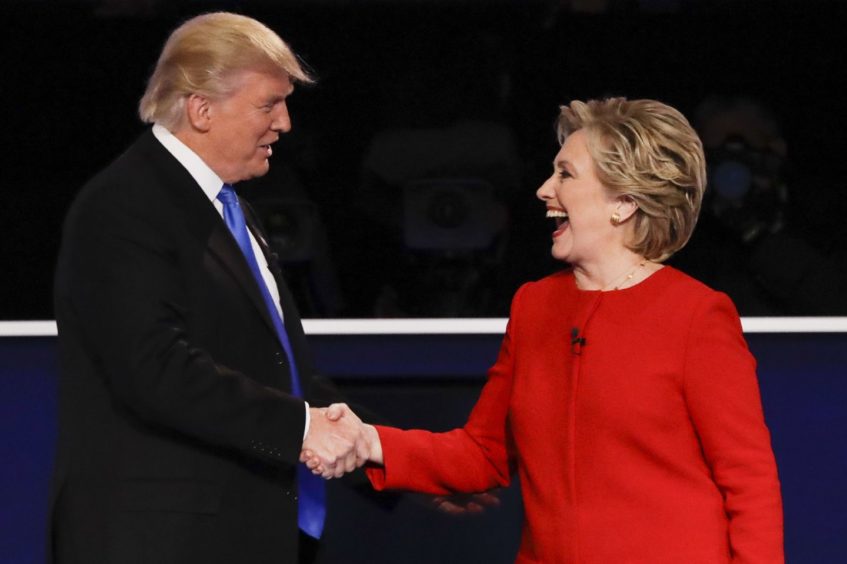A leading fact checking expert has warned disinformation campaigns could pose a “real threat” to future votes after the SNP launched a “national information service” as part of its new independence taskforce.
Fergus Bell, CEO of the London-based media consultancy firm fathm, has worked on elections around the world and said false information shared online has been “very successful” in swaying voters in recent years.
The SNP announced on Sunday it will launch an independence taskforce to work out of its Edinburgh headquarters, including a new service “to assist people in making an informed decision” on an independent Scotland.
The objective of the group will be to lay the foundations of a new independence campaign ahead of the Scottish Parliament elections in May but the party failed to respond to questions on how the information service will operate.
The SNP already runs a “fact checking and rebuttal” account on social media but it is not clear whether this will be part of the new scheme.
Mr Bell warned that “transparency is key” when it comes to fact checking services and pointed to accusations of deception levied at the Conservative Party after it rebranded one of its Twitter accounts to ‘factcheckUK’ during last year’s General Election.
The party’s press office account – normally called CCHQ Press – switched its name during a televised debate between Boris Johnson and Jeremy Corbyn and tweeted a series of partisan claims before declaring Mr Johnson “the clear winner”.
A convenient way to manage a narrative
Mr Bell said running a fact checking service can be a “convenient way of managing your own story or narrative around a certain issue” and predicted more political parties could be tempted to launch their own attempts in the future.
However, he warned the debacle around factcheckUK shows political operatives should be “very clear about who they are, what they’re doing and what their process is”.

“I would say any initiative around fact checking, in order for it to be truly credible and invoke the trust of an audience, needs to have a lot of transparency around its independence and it needs to be independent,” Mr Bell said.
“If it doesn’t, you’re going to run into natural challenges when you’re trying to talk to the audience because there’s always going to be a perceived political agenda.
“We’ve seen a number of different politicians and political parties over the last few years, politicians and political parties, try to do this.”
No transparency
Mr Bell said the Conservatives faced a backlash because there was “no transparency” and the change of name appeared to be “designed to replicate a fact check brand but the fact checks did not meet any of the standard criteria”.
He also pointed to the 2016 US election, where Hillary Clinton would refer in televised debates to her team running a live fact checking service against the claims made by her opponent, Donald Trump.
“It’s a useful thing if you want to expand on your own thoughts, on your own platform, but it’s not independent fact checking,” Mr Bell said.
“Really, if you look at genuine fact checking organisations, and the standards to which they have to operate, there will be a clear difference between the two.”
A critical eye
The expert encouraged voters to “cast a more critical eye” over the content they see online but said there was an increased risk from people being presented with sources on social media via an algorithm rather than ones they seek out themselves.
He said those encountering accounts claiming to be a fact checking service should consider who is running the site and what their motives might be, whether there are sources to back up the information and whether it publishes its processes in full.
Keith Brown, the SNP’s depute leader and campaign director, promised the party’s new taskforce will be the “final piece in the jigsaw” in delivering independence.

But opposition parties accused the SNP of “ramping up” the push for a new ballot while the country is worried about jobs and getting a coronavirus vaccine.
Scottish Conservative leader Douglas Ross said: “They are stuck in the Holyrood bubble with no clue about the priorities of people across Scotland.
“Escalating their plans for indyref2 is rash and incredibly self-indulgent when the country is struggling through another lockdown.”
Scottish Liberal Democrats leader Willie Rennie said: “The first minister promised that the SNP wouldn’t start a referendum in the middle of a pandemic, but off they go. They can’t help themselves.”


